Monday
Employability
According to the High Fliers report the graduate job market has recovered to its pre-recession peak but competition for these graduate jobs has remained high, with 39 applications per vacancy.
· Graduate jobs recover to ‘pre-recession peak’ (BBC)
· Employers receive 39 applications for every graduate job (Telegraph)
· Nearly 40 graduates fighting over each job (Times)
Student Loans
Over 5,000 over-50s have taken out up to £67 million a year in student loans in order to undertake university degrees, despite concerns that they will never repay. Rising numbers of over-50s taking out student loans (Telegraph)
University Enterprise Zones
The four new University Enterprise Zones have been announced in Bradford, Bristol, Nottingham and Liverpool. New University Enterprise Zones launched (THE)
Apprenticeships
DfE figures have shown a 15% increase in the number of school leavers undertaking apprenticeships. More pupils taking apprenticeships straight from school (Telegraph)
Tuesday
University Alliance launches Job Ready report.
Today University Alliance will launch its new report Job Ready: Universities, employers and students creating success publication at the House of Commons. This is a new study based on in-depth interviews with small and large employers, including British Airways, IBM, Marks and Spencer and Bank of America, shows employers are putting graduates at the heart of their strategies to innovate and grow. The report will be launched with speeches by Universities Minister Rt Hon David Willetts, University Alliance, CBI, and British Airways.
Technical Degrees
Ed Miliband will announce today in a speech to the Sutton Trust that young workers would be able to “earn and learn” by studying for a degree for part of the week and working for the rest. The Government would subsidise the new technical degrees to meet the demand for hundreds of thousands of STEM technicians needed and employers would design and sponsor them. Mr Miliband warns the country risks “going into decline” unless it creates greater opportunities for the so-called “forgotten 50% of young people who choose not to follow a traditional academic route.
· Labour to offer ‘earn and learn’ technical degrees (Independent)
· Ed Miliband unveils plan for technical degrees if Labour wins 2015 election (Guardian)
· Labour will introduce ‘technical degrees’, Miliband to say (FT)
· Labour proposes ‘technical degrees‘(BBC)
· Labour plans to introduce German-style degrees (Telegraph)
· Labour launches Technical Degree Policy (THE)
Apprenticeships
Interestingly UCU have published the results of poll showing that more than half of young people would rather do an apprenticeship than go to university, if there was an apprenticeship in a job they wanted to do. UCU says the poll highlighted the desire for more high-skilled apprenticeships and the support for higher level apprenticeships as a credible alternative to a degree. UCU
Access
Further coverage calling for the Russell Group to open up their data on offers following the publication of figures from the Universities of Oxford and Cambridge showing the British ethnic minorities are significantly less likely than their white British peers to be offered places. Today’s Guardian piece is a breakdown of Russell Group offers and in the Telegraph piece, Prof Les Ebdon, the Government’s fair access tsar said universities should be committed to “searching out academic potential wherever it is found” to create a better social mix on campuses.
· Show us the data on Russell Group offers to ethnic minority students (Guardian)
· Access tsar: admit university students based on ‘potential’, (Telegraph)
Wednesday
Student Loans
The chairman of the Student Loans Company (SLC), Christian Brodie, has apologised to ministers and offered to resign over ‘misleading’ “Wonga-style” letters demanding repayment from graduates that were in arrears. In a written statement, the Universities Minister, David Willetts, said he and Vince Cable did not accept his offer to stand down and that the government believed Brodie had a “very important” job to do at the SLC and it would be unfair for him to take the blame for a practice that was nearly 10 years old.
· Student Loans Company chief offered to resign over ‘misleading’ debt letters (The Guardian)
· Student loan boss ‘offered to resign‘ (BBC News)
· Student Loans Chief Offered to quit over Wonga-style letters (Telegraph)
· Student Loans Chairman offered to resign over debt letters (FT)
· Ministers back Student Loans chief over ‘Wonga-style’ debt collection (Daily Mail)
· SLC chairman offered to step down over ‘Smith Lawson’ letters (THE)
Thursday
Salaries
The ICO have ruled that King’s College London should publish details of staff who earn more than £100,000 a year. Salaries of high-earning professors may be disclosed (THE)
International Students
According to an Observatory on Borderless Higher Education report new policies in Asia aimed at stemming the brain drain of students and expanding domestic HE will lead to stagnation or decline in the number choosing to study in the UK. Stronger Asian systems could reduce student numbers in UK (THE)
Friday
UCAS figures – University applications
Widespread coverage of UCAS figures that show applications for university places are up by 4% on last year, with 659,030 submitted by the end of June. They also show that more women have applied than men and that more Scots than ever before have applied to study at university.
· UCAS: women more likely to apply to university than men (Telegraph)
· University applications rise 4% in the UK (BBC News)
· University applications up 4% to over 650,000 (Guardian)
· Boys losing out in university gender gap (Daily Mail print and online edition)
· University applications hit new high (Daily Mail – online)
· University applications up 4 per cent at final deadline (THE)
· University applications are rising (Yahoo)
· Free tuition hailed as student numbers rise to a new high (Times – Scotland section (subscription))

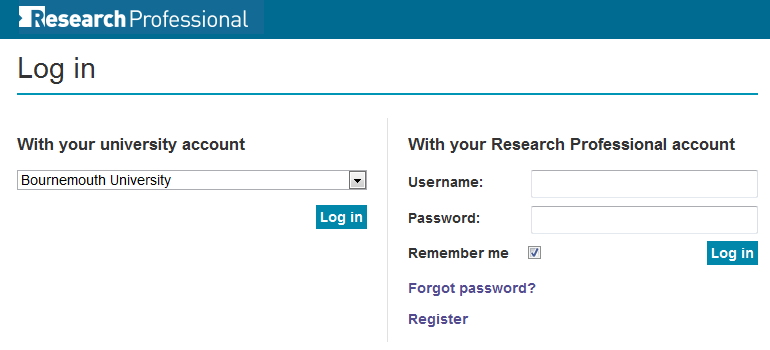
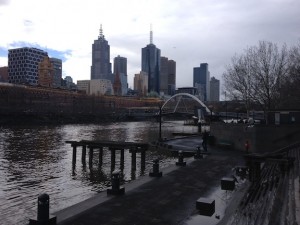
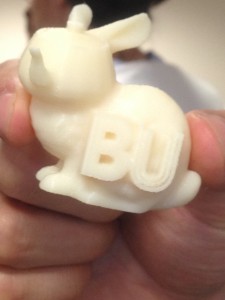


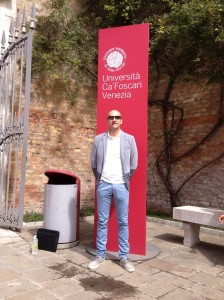

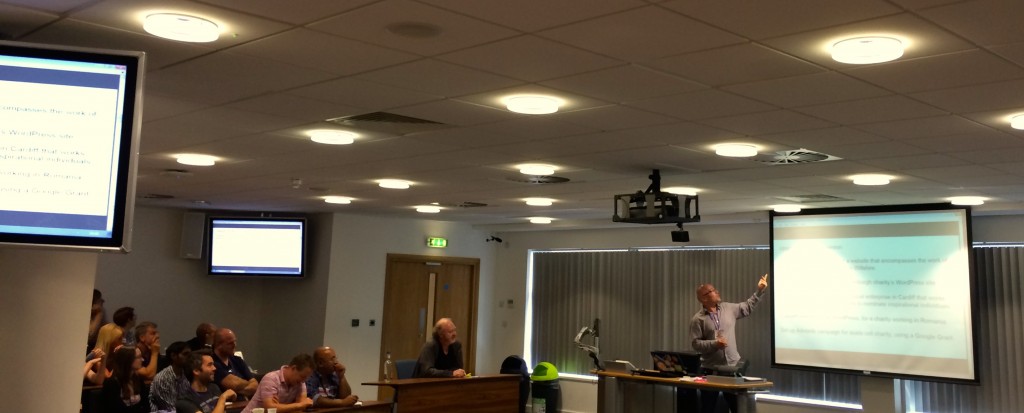
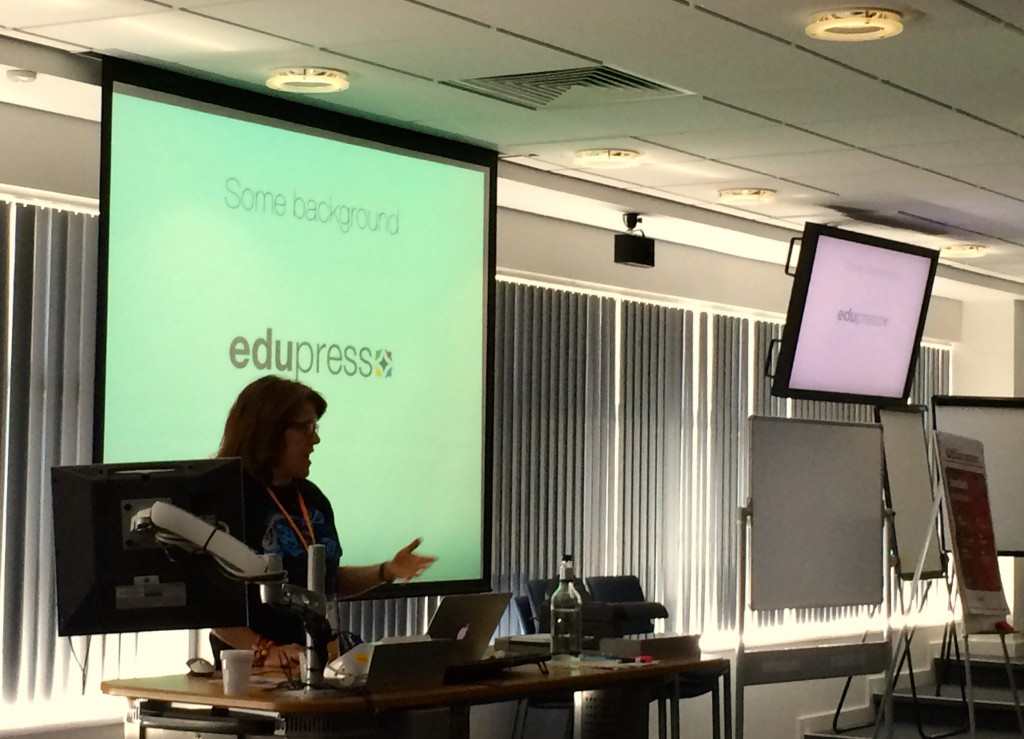

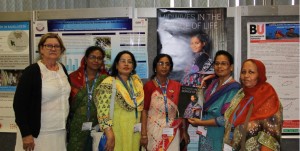
















 SPROUT: From Sustainable Research to Sustainable Research Lives
SPROUT: From Sustainable Research to Sustainable Research Lives BRIAN upgrade and new look
BRIAN upgrade and new look Seeing the fruits of your labour in Bangladesh
Seeing the fruits of your labour in Bangladesh Exploring Embodied Research: Body Map Storytelling Workshop & Research Seminar
Exploring Embodied Research: Body Map Storytelling Workshop & Research Seminar Marking a Milestone: The Swash Channel Wreck Book Launch
Marking a Milestone: The Swash Channel Wreck Book Launch ECR Funding Open Call: Research Culture & Community Grant – Application Deadline Friday 12 December
ECR Funding Open Call: Research Culture & Community Grant – Application Deadline Friday 12 December MSCA Postdoctoral Fellowships 2025 Call
MSCA Postdoctoral Fellowships 2025 Call ERC Advanced Grant 2025 Webinar
ERC Advanced Grant 2025 Webinar Update on UKRO services
Update on UKRO services European research project exploring use of ‘virtual twins’ to better manage metabolic associated fatty liver disease
European research project exploring use of ‘virtual twins’ to better manage metabolic associated fatty liver disease